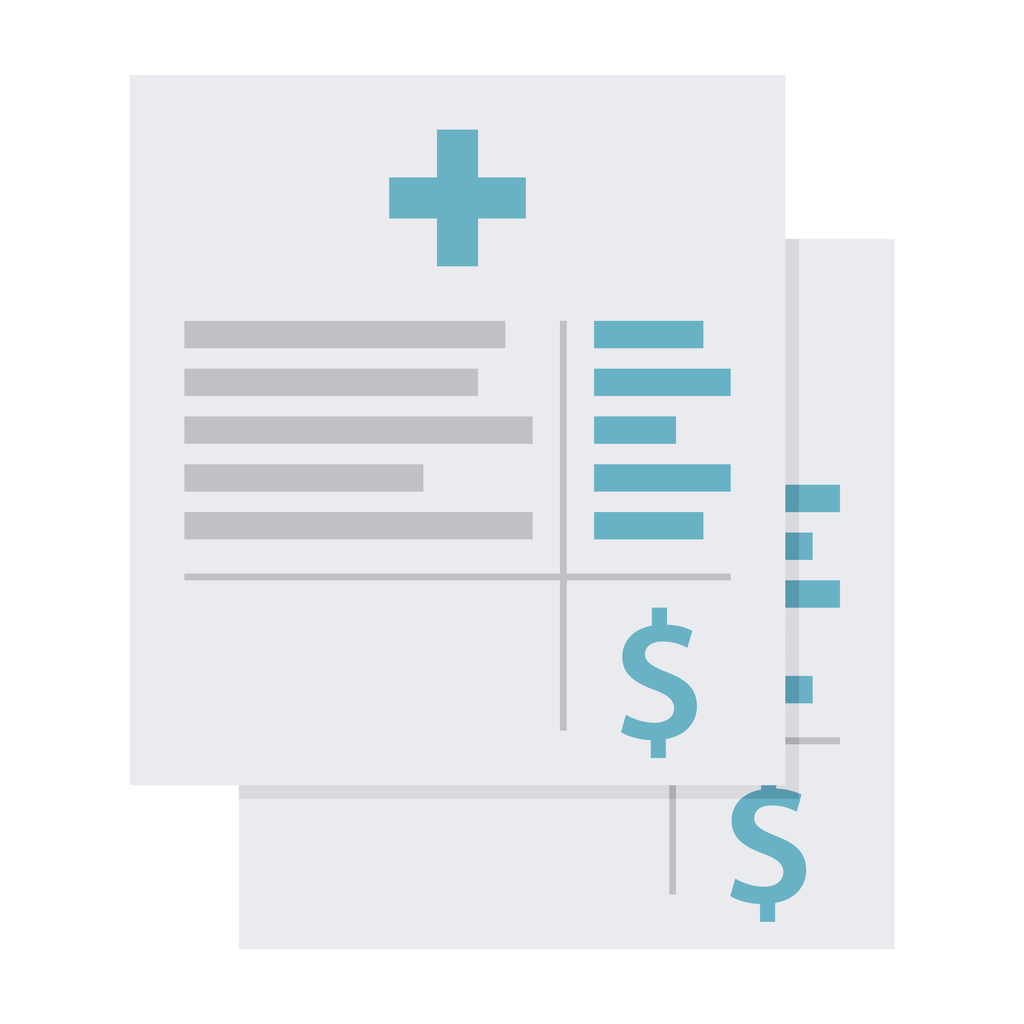
When you see a doctor or other health care provider, you may owe certain out-of-pocket costs, such as a copayment, coinsurance, and/or a deductible. You may have other costs or have to pay the entire bill if you see a provider or visit a health care facility that isn’t in your health plan’s network.
“Out-of-network” describes providers and facilities that haven’t signed a contract with your health plan. Out-of-network providers may be permitted to bill you for the difference between what your plan agreed to pay and the full amount charged for a service. This is called “balance billing.” This amount is likely more than in-network costs for the same service and might not count toward your annual out-of-pocket limit.
“Surprise billing” is an unexpected balance bill. This can happen when you can’t control who is involved in your care-like when you have an emergency or when you schedule a visit at an in-network facility but are unexpectedly treated by an out-of-network provider.
If you have an emergency medical condition and get emergency services from an out-of-network provider or facility, the most the provider or facility may bill you is your plan’s in-network cost-sharing amount (such as copayments and coinsurance). You can’t be balance billed for these emergency services. This includes services you may get after you’re in stable condition, unless you give written consent and give up your protections not to be balanced billed for these post-stabilization services.
When you get services from an in-network hospital or ambulatory surgical center, certain providers there may be out-of-network. In these cases, the most those providers may bill you is your plan’s in network cost-sharing amount. This applies to emergency medicine, anesthesia, pathology, radiology, laboratory, neonatology, assistant surgeon, hospitalist, or intensivist services. These providers can’t balance bill you and may not ask you to give up your protections not to be balance billed.
If you get other services at these in-network facilities, out-of-network providers can’t balance bill you, unless you give written consent and give up your protections.
You can call the Member Services phone number, located on the back of your insurance card to locate participating provider.
If you believe you’ve been wrongly billed, you may contact the Office of the Insurance Ombudsman

Visit https://www.cms.gov/nosurprises for more information about your rights under federal law.
State prohibits out-of-network providers from billing enrollees for any amount beyond in-network level of cost sharing
Above protections apply:
* For (1) emergency services, and (2) non-emergency services provided by out-of-network providers at in-network facilities, the out-of-network provider may bill the insurer directly for the services. The insurer is allowed to pay the billed amount or notify the provider within 20 days of receipt of the bill that the claims are excessive. Once insurer notifies the provider that the claims are excessive, the insurer and provider have 30 days to negotiate a settlement, and if no settlement is reached in 30 days, the insurer must pay the provider the final offer for the services. If the insurer and provider cannot agree on this final offer as a reimbursement rate and the difference between the insurer’s and provider’s final offers is not less than $1000, then the insurer, provider or enrollee may initiate binding arbitration within 30 days of the final offer. The arbitrator’s decision shall be one of the two amounts submitted by the parties as their final offers and the decision shall be binding.
** Protections do not apply to non-emergency services when in-network services are available in that facility and enrollee signs a consent form agreeing to services by a specific out-of-network professional instead.
Visit https://www.state.nj.us/dobi/division_consumers/insurance/outofnetwork.html for more information about your rights under NJ state laws.